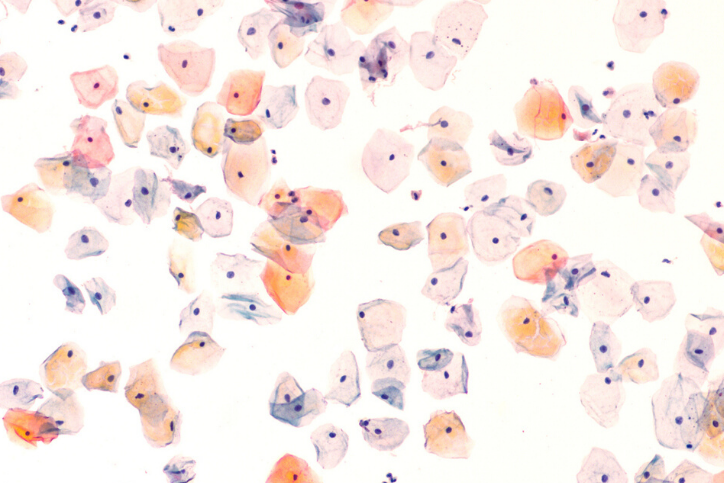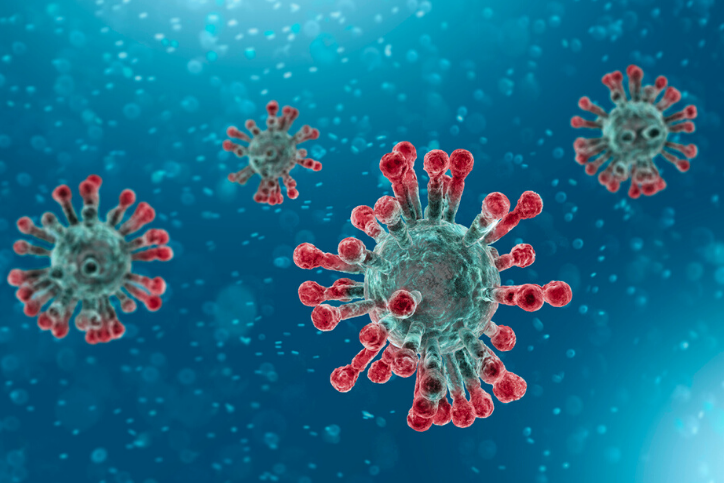Yes, You Can Get An Infection Down There: What to Know About Vaginal Infections
Burning, itching, and discomfort. No one wants to experience those sensations anywhere, let alone in our most sensitive areas. But, for the 200,000 women who have vaginal infections in the United States each year, this is an uncomfortable reality.
Keep reading to learn everything you need to know about vaginal infections, their causes, and how to treat them.
What are Vaginal Infections?
Vaginal infections are defined as the infection or inflammation of the vagina and any of its parts. Some of the most common vaginal infections are yeast infections, bacterial vaginosis, STDs such as chlamydia or gonorrhea, and even allergies.
What Causes Vaginal Infections?
The causes can vary dramatically depending on what type of infection you have. However, here are the most common:
- Sexual intercourse with someone who has an STD.
- Overgrowth of bacteria or fungi.
- Reduced level of hormones, leading to vaginal thinness and dryness.
- Soaps or other beauty products that can irritate the skin in that area.
- Tight clothing.
What Are the Symptoms?
Much like causes, the symptoms can vary greatly from situation to situation. It can also be tricky to distinguish between normal vaginal characteristics and those that indicate an infection.
For instance, did you know that some discharge from your vagina is totally normal—and is, in fact, the vagina’s way of cleaning itself? That being said, unusual types of vaginal discharge can be a sign something is wrong.
Other signs include:
- Burning sensation when peeing
- Discomfort during sex
- Itching
- Vaginal discharge that has changed in color, weight, or smell
- Burning
- Bleeding
- Soreness
- Swelling
How Are Vaginal Infections Treated?
The good news is that there are several different methods for treatment, so suffering does not have to last long. There are a handful of creams, tablets, and gels that a doctor can prescribe to immediately relieve the symptoms described above and begin to treat or manage the infection. The specific type of treatment prescribed will depend on the infection type, patient history, and any pre-existing conditions.
If you have any more questions or would like to discuss treatment options, contact the experts at Avant Gynecology by clicking here or give us a call at 404-352-2850.











